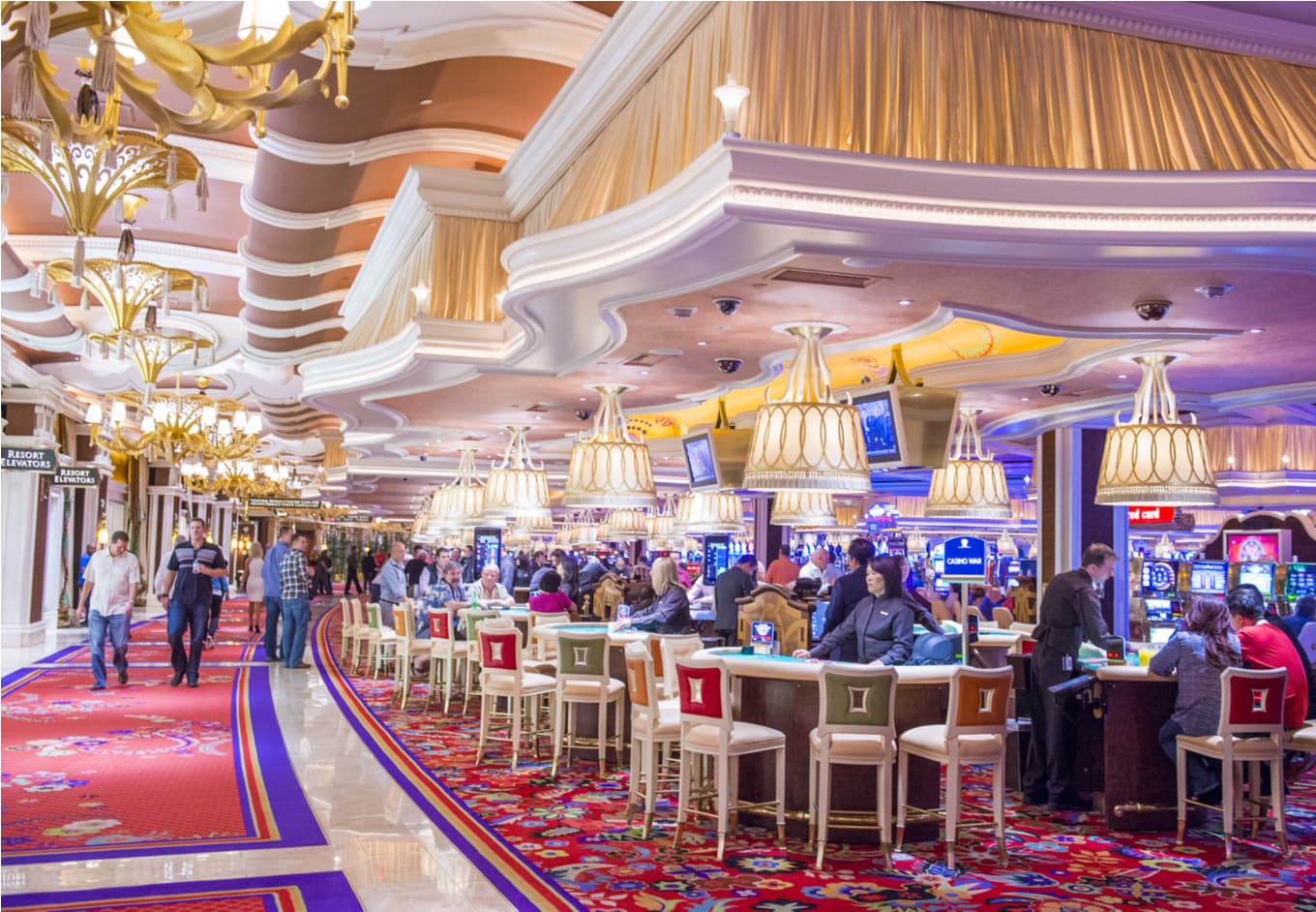
The world of entertainment has seen numerous changes over the decades, but few have captured the imagination and excitement of players quite like gambling games. Originating in from the bustling halls of Las Vegas and Atlantic City, these entertainments have spilled over borders and cultures, becoming a global phenomenon. Whether in the bright lights of a luxury resort to the convenience of online sites, the allure of gambling games is undeniable, drawing millions into a world of chance and strategy.
As an increasing number of nations accept gambling in multiple ways, the influence of American casino games is clear. They have not only influenced local gaming industries but have also inspired countless adaptations and innovations globally. Classic games such as the poker and blackjack, along with new variations, have created a shared language of entertainment that resonates across varied populations. The combination of gambling risks, reward, and social engagement found in these activities fosters a distinct sense of community, further solidifying their place in the international entertainment sphere.
Historical Summary of U.S. Gambling Games
U.S. casino gambling activities have a diverse and colorful past that reflects the cultural development of the U.S.. The beginnings of these games can be traced back to multiple Europe’s gambling practices brought over by colonists. Activities like poker, blackjack, and the roulette game found their way into the fabric of U.S. culture in the 19th century, gaining popularity in bars and steamboats. These venues provided the ideal setting for social engagement and rivalry, laying a solid basis for casino gambling as we recognize it today. casino non AAMS legali in italia
As the country moved to the west, gambling developed in tandem with it. The Gold Rush era in the mid-1800s saw the rise of gambling communities such as Deadwood and Tombstone, where gambling activities were played with big bets, often punctuated by an air of disorder. This time paved the way for the establishment of casino gambling in the beginning of the 20th century, notably with the establishment of Las Vegas as a gambling center. The building of opulent casinos changed the gaming landscape, establishing an environment where gambling activities could thrive and attract visitors from around the world.
In the past few decades, the legalization of casino gaming in multiple states has further diversified the variety of games available. American casinos now feature a mix of classic gambling activities and new options that cater to contemporary players. This expansion has enabled for a unique blend of traditional and newfangled, enabling the ongoing evolution of casino gaming culture in the U.S.. The international impact of these games has also led to their incorporation into global gaming industries, demonstrating the lasting impact of American casino gambling activities across the globe.
Global Popularity and Impact
The rise of U.S. casino games has marked a notable change in the international gambling landscape. With their appeal crossing boundaries, these games have enthralled players around the globe. From Texas Hold’em tournaments to fruit machines, American styles have established a home in many international casinos. This transfer of culture highlights how adaptable and engaging these games are, adapting to local tastes while preserving their classic U.S. charm.
Additionally, the impact of these titles extends beyond traditional gambling establishments. Online platforms have played a crucial role in promoting U.S. casino titles, making them available to gamers globally. The convenience of online gambling has introduced millions to experiences that were once confined to physical casinos. Players can now enjoy their favorite titles from anywhere, sparking a new wave of enthusiasm and growing the gamer base significantly.
This widespread embrace is also reflected in the incorporation of American gambling titles into local traditions. Countries that have embraced these games often host their own versions and competitions, blending local traditions with U.S. gaming traditions. This fusion not only enriches the gaming experience for players, but it also underscores the powerful impact that U.S. casino games have on both entertainment and social interaction across different cultures.
Cultural Adaptations and Innovations
Casino games have undergone significant transformations as they spread across different societies. Every area has taken in features of American gaming while infusing its own customs and habits. For example, the rise of digital casino sites has enabled for the integration of local character into classic titles like Texas Hold’em and 21. Players now enjoy variations that incorporate regional betting styles and unique rules, making the games more accessible and welcoming for varied crowds.
In numerous countries, the popularity of casino games has led to the creation of localized editions that reflect cultural aspects and stories. This adaptability has paved the way for creative game design that resonates with gamblers on a personal level. Gaming machines, for example, now showcase visuals and audio that celebrate local heritage, legends, and popular culture, which in turn enhances the gaming experience and fosters a sense of community among players.
Furthermore, the worldwide impact of U.S. casino games has inspired new game formats and hybrid styles. Some establishments have combined traditional gambling with entertainment aspects, such as live shows or interactive technology, resulting in a more immersive experience. These innovations not only attract a broader audience but also guarantee that the essence of gaming continues to evolve, connecting gaps between different communities while preserving the excitement that casino games are known for.
